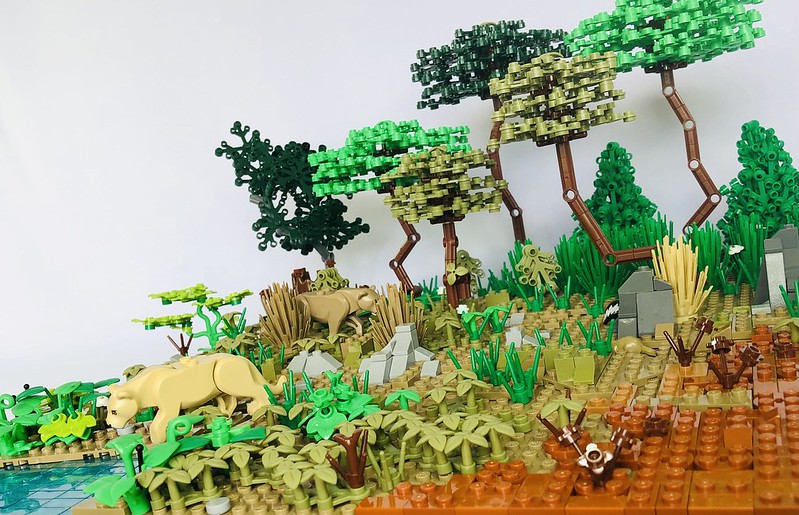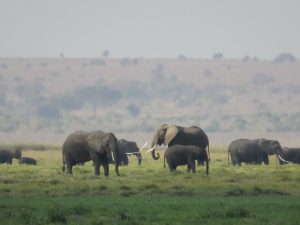How to minimize your impact on African Ecosystems.
How to minimize your impact on African Ecosystems is crucial because as travelers, our adventures are not just journeys of self-discovery but also opportunities to preserve the breathtaking ecosystems we encounter. Africa, with its rich biodiversity and unique landscapes, calls upon us to be responsible stewards of the environment. Abunda Discoveries Uganda invites you to explore ways to minimize your impact on African ecosystems, ensuring that future generations can marvel at the same natural wonders we enjoy today.
Choose Sustainable Accommodations
Opt for accommodations that prioritize sustainability. Look for eco-friendly lodges and camps committed to minimizing their environmental footprint. These establishments often implement practices such as waste reduction, energy conservation, and water management, contributing to the overall well-being of the ecosystems they inhabit.
Respect Wildlife from a Distance
While encountering wildlife is undoubtedly a highlight of any African adventure, it’s crucial to observe from a respectful distance. Maintain a safe distance from animals to avoid stress or disruption to their natural behavior. This ensures that their habitats remain undisturbed, allowing for a more authentic and sustainable wildlife experience.
Support Responsible Tour Operators
Choose tour operators that prioritize responsible and sustainable tourism practices. Companies that emphasize conservation, community engagement, and ethical wildlife viewing contribute positively to the ecosystems they operate in. By supporting responsible tour operators, you actively participate in sustainable tourism efforts.
Practice Leave No Trace Principles
Embrace the “Leave No Trace” philosophy by minimizing your impact on natural areas. Pack out all waste, stay on designated paths, and avoid disturbing flora and fauna. This simple yet powerful approach helps preserve the pristine beauty of African ecosystems for future generations.
Opt for Eco-Friendly Transportation
Consider the environmental impact of your transportation choices. When exploring Africa, choose eco-friendly modes of travel, such as low-emission vehicles or public transportation options. Additionally, support initiatives that offset carbon emissions to mitigate the environmental impact of your journey.
Educate Yourself and Others
Knowledge is a powerful tool in the quest for sustainable tourism. Educate yourself about the ecosystems you are visiting, the local flora and fauna, and the challenges they face. Share this knowledge with fellow travelers to foster a collective commitment to responsible tourism practices.
Participate in Conservation Initiatives
Contribute directly to the preservation of African ecosystems by participating in local conservation initiatives. Join organized clean-up efforts, tree planting projects, or wildlife monitoring programs. Your active involvement helps safeguard the delicate balance of ecosystems and supports the communities that depend on them.
Respect Local Cultures and Traditions
Cultural preservation is intertwined with environmental conservation. Respect the customs and traditions of local communities, seeking permission before entering sacred sites or engaging in cultural activities. By fostering positive relationships with local communities, travelers can contribute to the sustainable development of the regions they visit.
Conclusion
Embarking on a journey through the awe-inspiring landscapes of Africa comes with a responsibility to protect and sustain the ecosystems that make this continent so unique. Abunda Discoveries encourages you to tread lightly, make informed choices, and actively participate in the conservation of African biodiversity. By adopting these practices, you not only minimize your impact but also contribute to the longevity and vitality of the extraordinary ecosystems that make Africa a true marvel.




